Exploring the Essential Role of Pool Motors in Maintaining Crystal-Clear Swimming Pools
In the realm of pool maintenance, the significance of a quality pool motor cannot be overstated. According to the Pool & Hot Tub Alliance, nearly 60% of swimming pool owners report that efficient motor operation is pivotal for achieving optimal water clarity and chemical balance. Pool motors play a crucial role in driving circulation pumps, which are essential for filtering debris and circulating water, thus contributing to the overall health of the pool environment.
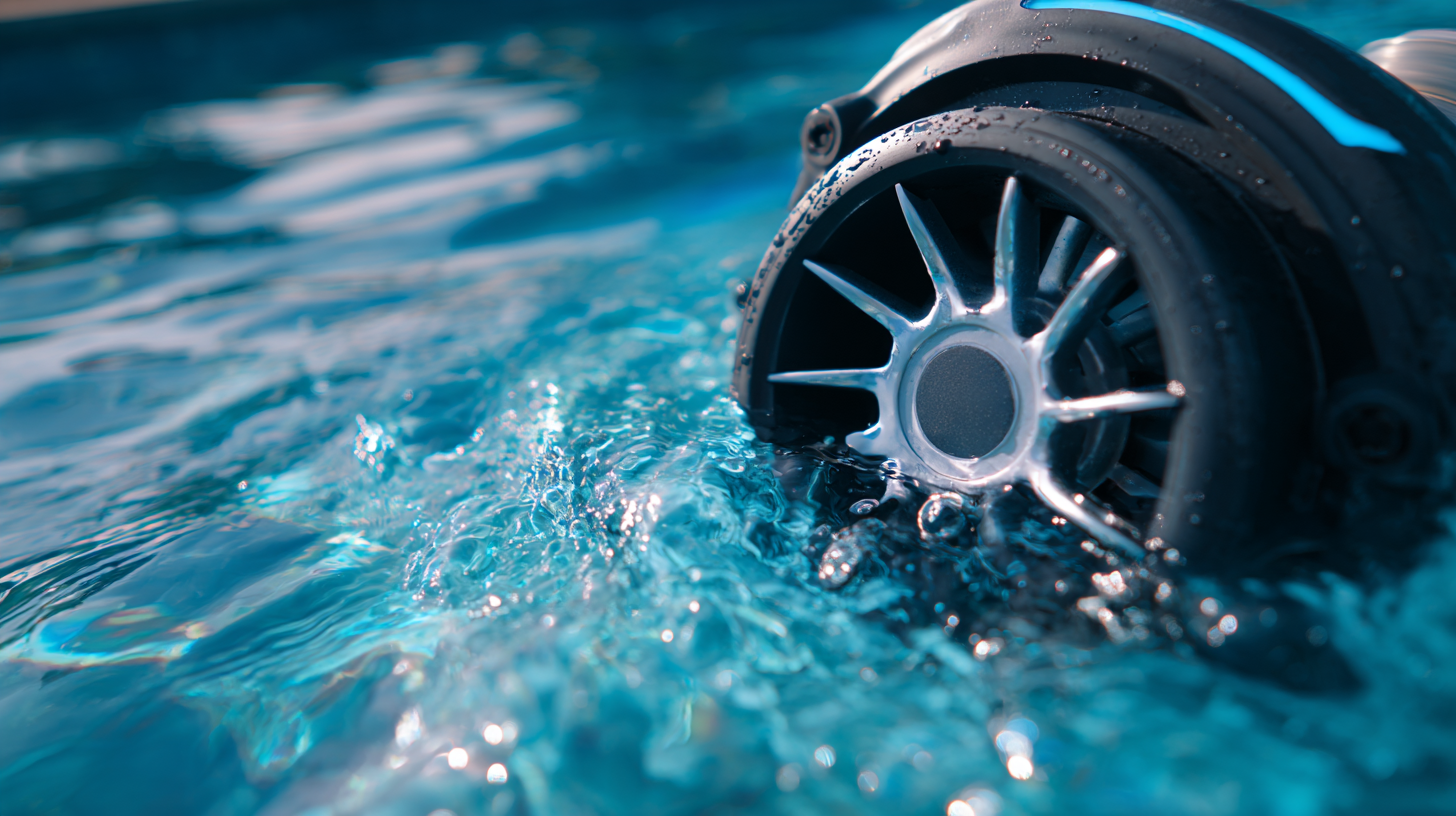
With advancements in technology, energy-efficient pool motors can reduce operational costs by up to 70%, as noted by the U.S. Department of Energy. Moreover, the integration of variable speed pool motors has revolutionized pool management by offering customizable performance options that enhance water quality while minimizing energy consumption. As the demand for pristine swimming conditions continues to rise, understanding the essential role of pool motors in maintaining crystal-clear swimming pools is paramount for both pool owners and industry professionals.
The Fundamental Functions of Pool Motors in Water Circulation
Pool motors play a crucial role in the maintenance of crystal-clear swimming pools, primarily through their fundamental function of water circulation. These motors facilitate the continuous movement of water, ensuring that chemicals are evenly distributed and that debris is efficiently filtered out. By drawing water from the pool and pushing it through the filtration system, pool motors help to maintain optimal water quality, preventing the growth of algae and bacteria that can thrive in stagnant water.
Additionally, effective water circulation contributes to temperature regulation, as it helps to distribute heat evenly throughout the pool. This ensures a more comfortable swimming environment. The performance of the pool motor directly impacts the clarity and overall health of the water, underscoring the essential nature of this equipment in pool maintenance. Properly functioning pool motors are vital for the longevity of the pool, reducing wear and tear on other components and saving cost on repairs, thereby enhancing the enjoyment and safety of the swimming experience.
Understanding the Types of Pool Motors and Their Applications
Pool motors play a crucial role in maintaining the cleanliness and functionality of swimming pools. They are responsible for powering various pool equipment, including pumps and filtration systems, which work together to keep the water clear and safe for swimmers. Understanding the different types of pool motors is essential for selecting the right one for specific applications. For instance, single-speed motors are commonly used in residential pools, while variable-speed motors offer enhanced energy efficiency and customizable water flow rates suitable for more extensive commercial and in-ground pools.
Tips for Choosing Pool Motors:
1. Consider Energy Efficiency: Opt for variable-speed motors if you want to save on energy costs, as they can significantly reduce electricity usage compared to traditional single-speed motors.
2. Match Motor Power with Pool Size: Ensure that the motor's horsepower aligns with the size of your pool to maintain optimal water circulation and filtration.
3. Regular Maintenance: Keep an eye on the motor’s performance and schedule regular maintenance checks to prevent issues and extend its lifespan.
By understanding these aspects of pool motors, pool owners can make informed choices that enhance their swimming experience while ensuring the cleanliness and safety of their pools.
Maintenance Practices for Optimal Pool Motor Performance
Maintaining a crystal-clear swimming pool largely depends on the efficiency of the pool motor. These motors play a pivotal role in circulating water, helping to filter debris and distribute chemicals evenly. To ensure optimal performance, regular maintenance practices are vital. This includes checking for any unusual noises or vibrations, which can indicate potential issues. Additionally, keeping the motor clean from dust and debris helps prolong its lifespan and ensures effective operation.
**Tips:** Regularly inspect the motor’s housing and wiring for signs of wear and tear. Ensure that all connections are tight and free from corrosion. It’s also essential to lubricate moving parts as recommended by the manufacturer, which can help prevent overheating and improve efficiency.
Another key maintenance practice is to monitor the motor’s performance regularly. Look for changes in water flow or pressure, as these can be indicators of developing problems. Checking the pool filter and skimmer basket often can reduce the load on your motor, allowing it to run smoothly.
**Tips:** Schedule routine professional servicing at least once a year. This proactive approach can provide peace of mind and help catch any issues before they escalate, ensuring a reliable and efficient pool motor that contributes to the cleanliness of your pool.
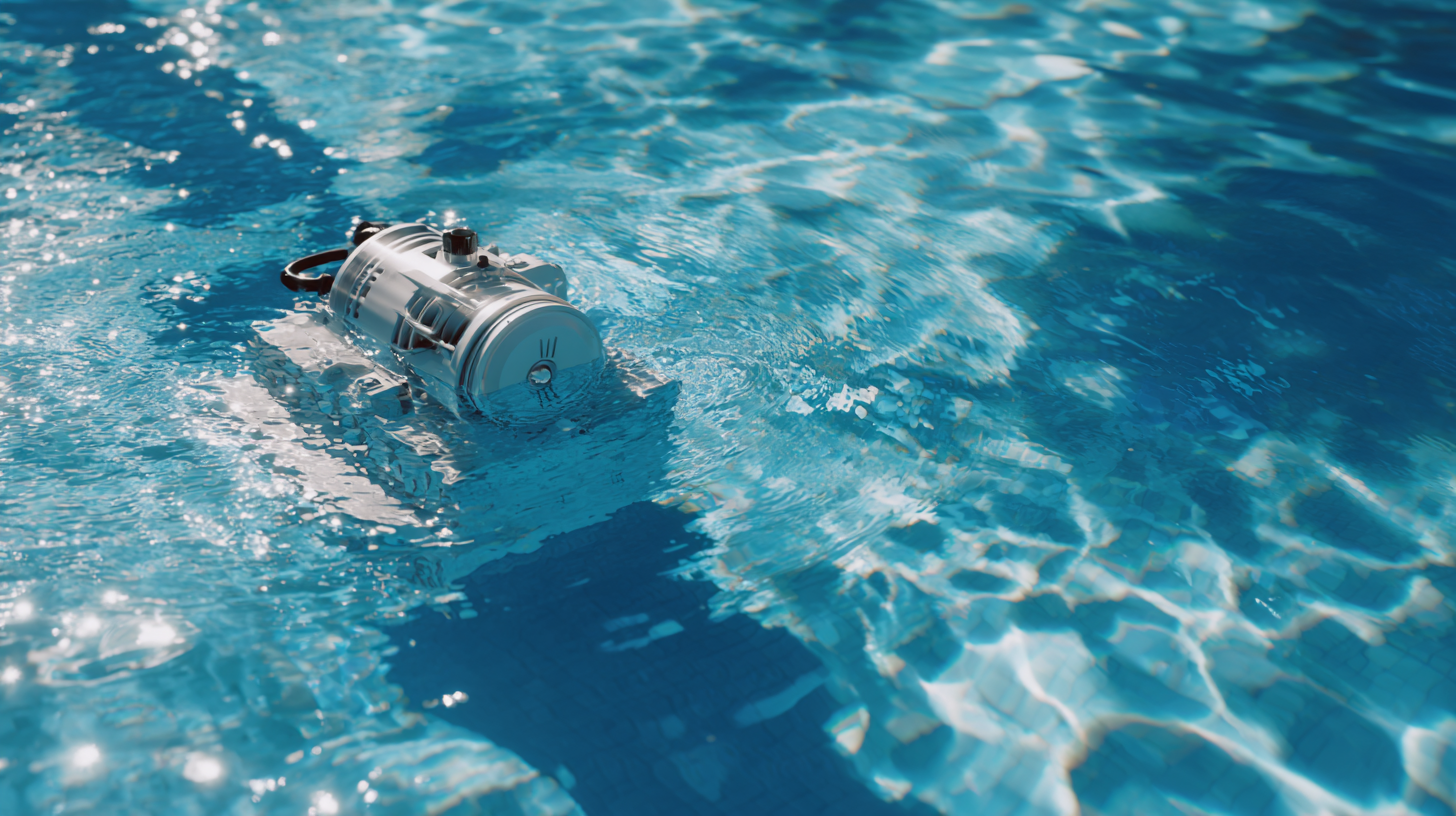
Common Issues and Troubleshooting Tips for Pool Motors
Pool motors play a crucial role in maintaining the cleanliness and clarity of swimming pools. However, like any mechanical device, they can encounter issues that may hinder their performance. Common problems include overheating, unusual noises, and a complete loss of power. Overheating can occur due to blocked filters or worn-out bearings, leading to reduced efficiency. It’s essential to ensure that the motor is not overworked, and that the pool’s water circulation system is functioning properly.
In addition to overheating, pool owners may notice strange sounds coming from the motor, which can signal mechanical failures or loose components. Regular inspection of the motor and its connections can help identify these issues early on. If the motor stops working entirely, it could be due to electrical faults, such as tripped breakers or blown fuses. Troubleshooting these electrical issues involves checking the power supply and ensuring all connections are secure. By staying vigilant and addressing these common problems, pool owners can extend the lifespan of their pool motors and ensure their swimming pools remain crystal clear.
The Impact of Energy-Efficient Pool Motors on Cost Savings
Energy-efficient pool motors play a significant role in maintaining swimming pool clarity while providing substantial
cost savings. By upgrading to a high-efficiency motor, pool owners can reduce energy consumption by up to
70%. This is particularly important as the UK Government's recent programs highlight the urgency of energy efficiency amidst rising living costs.
A report evaluating the energy efficiency scheme emphasized how adopting such technologies can lower utility bills, contributing to
long-term savings for households.
Tip: When selecting a pool motor, look for Energy Star certifications.
These motors not only help in reducing energy costs but can also qualify for tax credits and rebates under current energy efficiency programs.
Many municipalities now offer incentives for upgrading to energy-efficient equipment, making this an ideal time to consider an upgrade.
Moreover, homeowners in regions such as California can take advantage of new rebates designed to alleviate energy costs.
For example, eligible residents can save significantly while enhancing their home’s efficiency.
By investing in energy-efficient pool motors, you can enjoy a comfortable swimming environment while also participating in these
savings programs that aim to promote sustainable energy use.
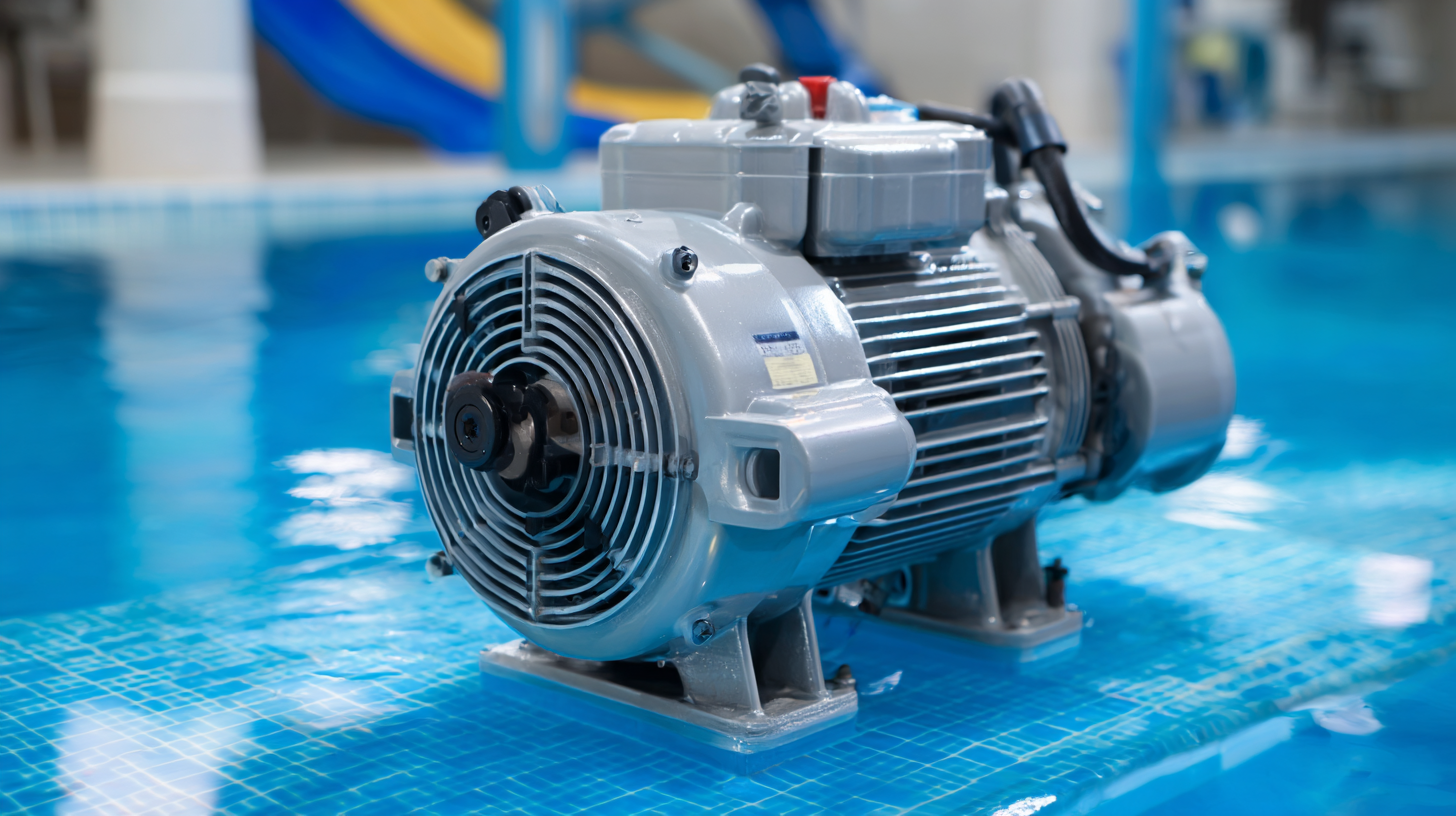
Related Posts
-
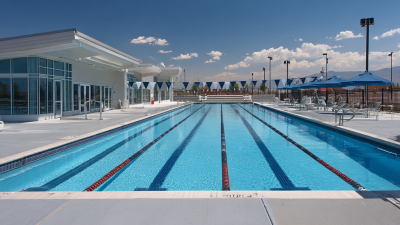
The Benefits of Using Public Pools for Community Health and Wellness
-

Discover the Benefits of a Service Pool for Your Business Efficiency
-
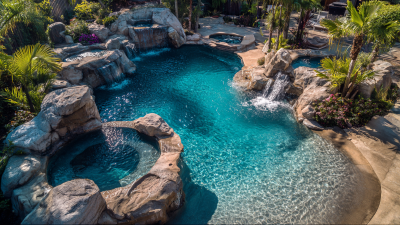
Exploring the Best Pool Pumps in Canada: Your Ultimate Guide to Cleaner Waters
-

Transform Your Backyard: The Complete Guide to Creating the Perfect Pool Swimming Pool Oasis
-

Maximizing Efficiency with a Comprehensive Guide to Service Pool Management
